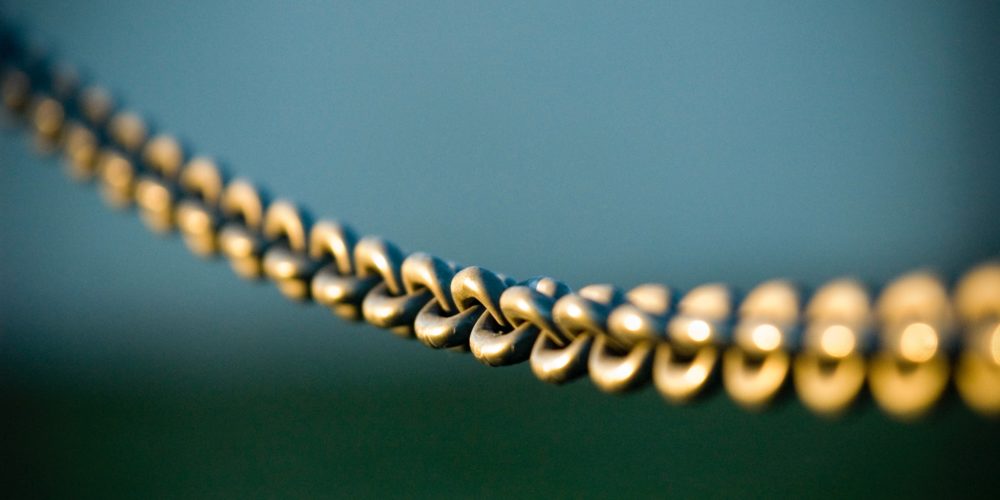What’s your legacy going to be?

There comes an age when some us start to think about our legacy: What we will leave behind; what we stood for in our lives.
This is because we are consciously or unconsciously aware of our impermanence as humans. We know we are here briefly and then we are gone. Some of us are desperate to acquire a continuity of some sort, to be remembered after we have passed on. It is difficult to accept the idea that our lives might amount to nothing in the end.
Leaders of substance and of a certain vintage often rock up to discuss their legacies with me. For some, the thinking is quite narrow—focused on inheritance, on passing on their wealth and belongings to their children in organized and foolproof ways.
Others are more thoughtful. They want to play wider and longer with their legacies. They wish to bestow learning and insight and opportunity on others. But here too there is some vanity at play; the real intention is often to have their name continue by slapping it on a library or monument.
I’m afraid I don’t offer much hope in these discussions. My usual message, to most people, is that they won’t have any legacy at all. Nothing, nil, nada.
To understand this, first work out what you truly want from what you call your legacy. And be honest.
Do you wish to continue to be present in this world, even after you are gone? Materially, that’s not possible. Sure, you can get huge portraits hung and statues made of yourself, but those are just dead replicas of you. No one will interact meaningfully with your stone visage. You will still be gone.
What about donating money to some worthy organization so that they name something after you? Having your name on the entrance of a university or community building grants some continuity, doesn’t it? It really doesn’t. No one looks up at your name and has more than a fleeting engagement with it, if any at all.
Perhaps your true interest is narrow but deep: the wellbeing of your direct descendants? You wish to give them some financial security, some opportunities you struggled to have yourself? Very nice. That’s called a will. Write it and be done with it. Let them use your inheritance to do what they will.
Do you wish your progeny to remember you for the rest of their own lives? You should not want that to happen. To remember the dead every day is dysfunctional. It gets in the way of others living their lives. Do not wish it upon anyone, certainly not those who matter to you.
The truth about legacy is rather more prosaic—but it is also profound. Most of us will be mourned briefly. Our passing will be recorded, and most people will resume their everyday lives in the next few moments, not even days. Some will grieve for us for a little longer, but they too have to get on with their lives. They are still alive, after all, and life has to be lived forwards, not backwards. That’s as it should be.
The legendary Bollywood singer Lata Mangeshkar has just passed on. She was a true musical genius, with a prodigious career spanning many decades. 50,000 songs in 18 languages. You may want to read that again. In an interview last year she said she did not, despite her remarkable achievements, expect to be remembered.
She knew. Most legacies are just fond hallucinations. We are not really remembered.
The only legacy you will have will be in how well you live your life while you live it.
Our aim should be to live most of the days of our lives with grace, kindness and generosity. To fulfil the roles of our lives—partner, parent, worker, leader, community member, creator, citizen—to the best of our abilities. That, right there, is our legacy. Period.
When we live generously and work well, we set standards. We become role models. We show others a way of living. Our only real role in this existence is to participate in the chain of humanity. We pass things on. The material things don’t matter—they too will be dust. What matters is the role we play in making things better in the chain.
Philosopher Roman Krznaric explains this beautifully in his new book, The Good Ancestor. He highlights the ancient Māori philosophy of whakapapa. Picture a long, unbroken chain of humans standing arm in arm, stretching out from the beginning of time to the end of eternity. The sun shines for just a moment on this part of the chain, our time.
Our duty is to make our fleeting time in the light a good part of the chain—a time of learning and enlightenment and goodwill. We do this through our work and through our behaviour. What happens after us is done by others.
That’s your legacy—what you did with your time, and how you strengthened the chain.
(Sunday Nation, 13 February 2022)

Buy Sunny Bindra's new book
The X in CX
here »
Popular Posts
- NY’s wake-up call to the old guardNovember 9, 2025
- How to listen, really listenNovember 16, 2025
- Save your strength for repairsNovember 2, 2025
- Here’s why you should become foolishNovember 30, 2025
- Is AI hiring your company into oblivion?November 23, 2025















